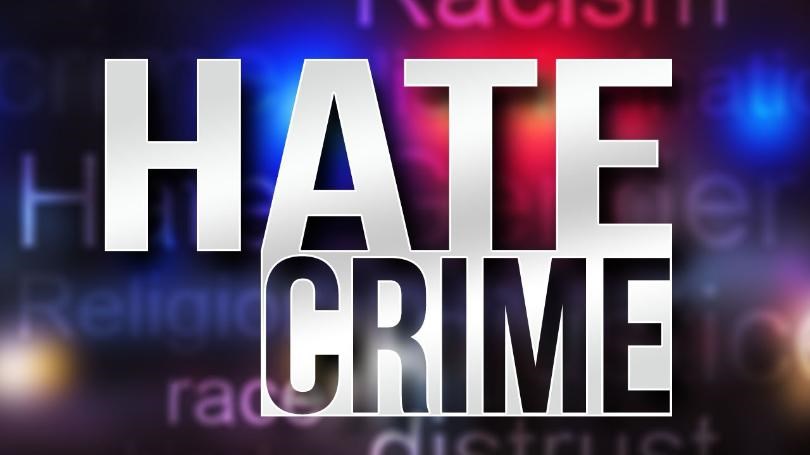THUNDER BAY - While the city of Thunder Bay has not held the nefarious distinction of being the hate crime capital of Canada since 2017, the number of reported incidents is climbing, demonstrating that more work needs to be done to create an inclusive community, but also highlighting that more avenues are now available to report such incidents.
On Thursday, Statistics Canada released its data on police-reported hate crimes in Canada for the year 2020, which was up 80 per cent nationally over 2019. According to the report, there were 1,594 incidents of crime motivated by hate in 2020 compared to 884 the previous year.
In the city of Thunder Bay, the number of incidents per 100,000 people was 11.1, making it the fifth highest census metropolitan area behind Vancouver, Guelph, Ottawa, and Peterborough, which reported a rate of 19.4 per 100,000, well above the national average of 7.0.
In 2019, the rate in Thunder Bay was 5.6 incidents per 100,000 and in 2018 it was even lower at 4.8. However, the 2015 rate of 22.3 and 17.4 in 2017 earned the city of Thunder Bay the highest rate among all CMAs in Canada those two years.
Of the 35 CMAs included in the report, 22 reported an increase in the number of hate motivated crimes, with general mischief being the most common, followed by uttering threats, and common assault.
Jason Veltri, chair of the Thunder Bay Anti-Racism and Respect Advisory Committee, said the results of the Statistics Canada report are not unexpected, with the early stages of the COVID-19 pandemic showing an increase in the number of racially motivated crimes.
“We know that Thunder Bay is not immune from these types of issues, but we also know that people are reporting,” he said.
“There are avenues now for people through greater educational campaigns in our community over the last few years that they can report hate crimes and that we have a police service that is doing their best from the standpoint of addressing and investigating to the best of their ability the hate crime reports that come in.”
In the last several years, more avenues for reporting have been made available in the community, including the We Are Better Than Hate campaign that was part of a recommendation from the Seven Youth Inquest, as well as the Lakehead Social Planning Council 211 North reporting and referral service.
“It is a double-edged sword,” Veltri said. “We want people to feel comfortable that they can report and have investigated potential hate crimes occurring in our community, but we know that will inevitably make our numbers rise.”
While the rise in the number of incidents can be connected to more opportunities for reporting, more work needs to be done through a preventative approach to keep it from happening in the first place.
The Statistics Canada report found that there were relatively few police reported hate crimes against Indigenous people but noted that there remains a distrust in Indigenous communities of police services.
Veltri said he suspects there are more instances of hate related crime directed at not only Indigenous people in the city, but other racialized communities and LGBTQ2+ people who may face barriers in reporting.
“They don’t feel the police do enough. That’s clear, that’s well documented through many reports the police service has gone through since 2018,” Veltri said.
“But with that said, it’s incumbent on the police service to continue the work they are doing in ensuring reports can be made in a trustful and meaningful good way. But that is incumbent upon all of us to continue the work we are doing.”
Given that the number of incidents have dropped in previous years before the start of the pandemic, Veltri is confident that more education and more opportunities to report is making a difference in the city and he is hoping to see that continue with more face-to-face engagements in the community with COVID-19 restrictions easing.
“They are making a difference. We have greater educational tools out there, we have engagement with our community, we have a police service who understands maybe more so than they did back then their role in the community in combating and addressing systemic racism in the force,” he said.
“We are all working on the ground to do that important work and continually educate and advance anti-racism and discrimination efforts to rid that from our community and make it more welcoming and equal place for everyone.”
